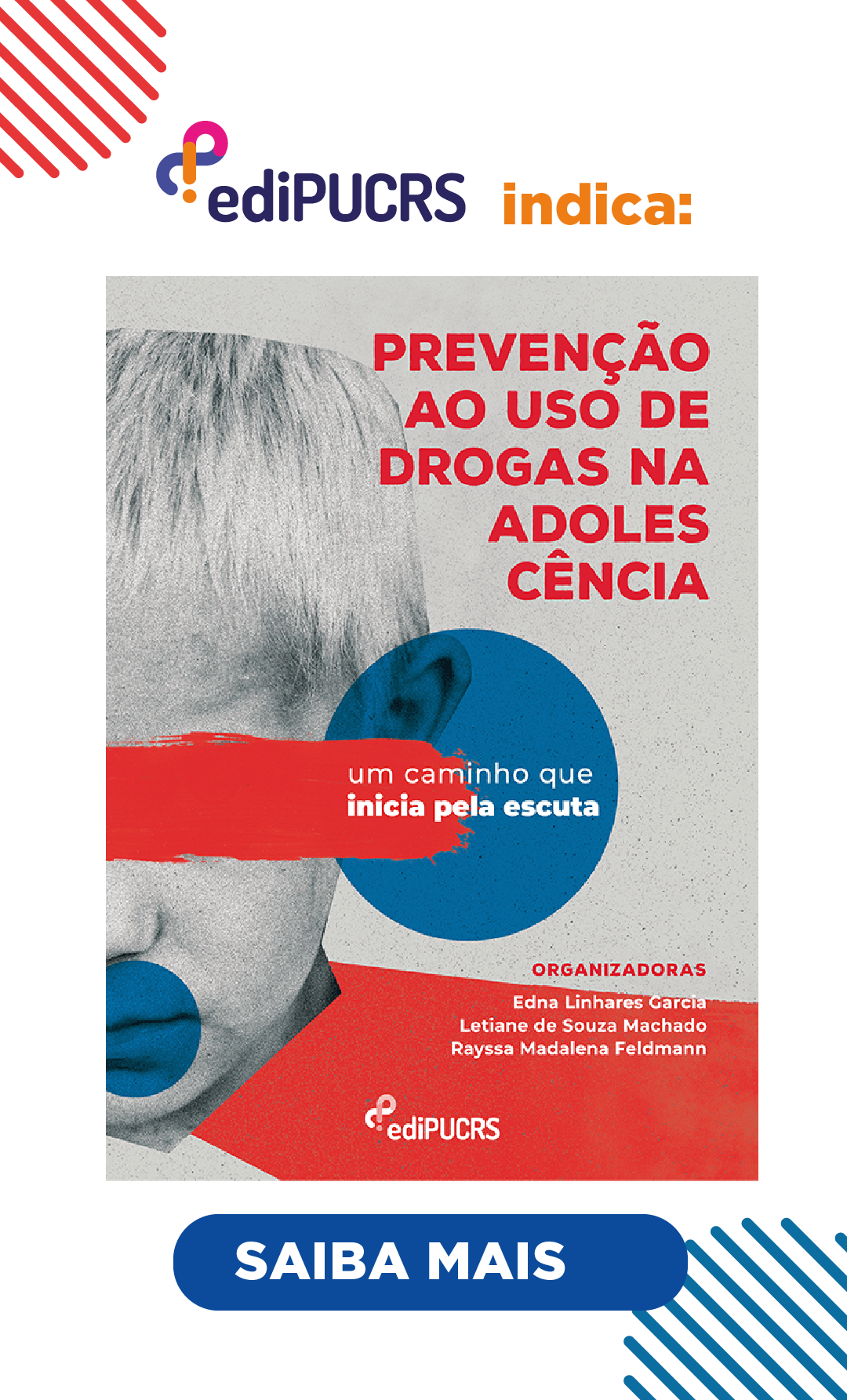About the Journal
Brief history of the magazine
The magazine was created by undergraduate students and professors of the Department of Social Sciences of the Pontifical Catholic University of Rio Grande do Sul (PUCRS). Their first issue was released in March 1999 in print. From 2010, the magazine began to circulate in the digital version.
In 2016, starting from an initiative of students from the PUCRS Graduate Program in Social Sciences, the magazine inaugurates a new phase, in which it expanded its audience by introducing postgraduate education, remaining as a collective construction that counts with the participation of professors, undergraduates and postgraduates of the Social Sciences Course at PUCRS, who make up the editorial team of the journal. It is also worth mentioning that, from 2016, the magazine will be presented exclusively in digital format, aiming to democratize its access. With the purpose of representing a space for academic dialogue, it proposes semi-annual publications, with three sections: Thematic Dossier, Articles and Reviews. As of 2017, it now has professors and researchers from other institutions as external collaborators, editorial board members and still in the position of thematic dossier organizers.
Focus and Scope
The focus of Conversations and Controversies is to encourage scientific research among undergraduate and postgraduate students, especially in the area of Social Sciences. It aims to provide researchers in training with a learning space through the qualified peer dialogue provided by blindly rated academic journals. The journal publishes unpublished articles in Social Sciences, mainly in the areas of Anthropology, Sociology and Political Science. In addition to articles, publishes reviews of works in the area.
Peer Review Process
Submitted texts undergo an initial evaluation by the editorial team, which may request corrections and additions. Texts that do not fall within the scope of the Journal, that do not meet mandatory requirements or that are not adequate within the deadline will be archived.
Once the submission is admissible, two opinions are requested from people specialized in the subject, who will serve as a subsidy to the editors, with the final decision remaining with them. Publication of papers is subject to compliance with its recommendations. In the evaluation, the original treatment of the theme, consistency and rigor of the approach, its contribution and a thematic line of the journal are taken into account. The review system is double-blind: the names of the reviewers will remain confidential, as will the names of the authors before the reviewers. Evaluators are expected to be objective in their assessment. If there is any conflict of interest or difficulty in making a judgment without significant influence from external factors, they should contact the editors. They are expected to indicate relevant literature if not accepted in the text. The text and other information provided in the evaluation process should be treated confidentially and may not be used for any other purpose.
Publication Frequency
Continuous Flow
Open Access Policy
This journal provides open access to all its content, following the principle that free access to scientific research generates a greater global exchange of knowledge.
Principles of Ethics and Best Practices in Academic Publishing
Authorship
The authors are original owners and will be responsible for the originality and authorship of their creation, not being the publisher penalised, civil or criminally, for eventual plagiarism or inappropriate content.
Unprecedented and originality
By submitting the manuscript, the authors ensure that the work has not been previously published or is being reviewed by another journal. Literal copies of excerpts already published will not be accepted, except in exceptional cases, in the form of quotation. Illustrations and graphics from other sources must be credited, or accompanied by permission of their copyright holders, if applicable.
Error correction and retractions
Authors must commit to the publishing house, delivering the text in appropriate language and suitable for publication. However, you must notify the publisher if an error is identified in order to publish an erratum.
Confidentiality
The text submitted for evaluation is a document and will be protected from any form of exploitation.
Indexers, directories and repositories
- DIADORIM - Diretório de Políticas Editoriais das revistas científicas brasileiras
- DOAJ - Directory of Open Access Journals
- Latindex - Sistema Regional de Información en Línea para Revistas Científicas de América Latina, el Caribe, España y Portugal
Other Informations
Article Submission Fees and Article Processing Fees (APCs) Policy
This journal does not charge fees for publication.
Thematic coverage coded according to CNPq classification, identifying first and second levels
- Main Area: Social Sciences
- Qualis: B4
- Period: 2013-2016





